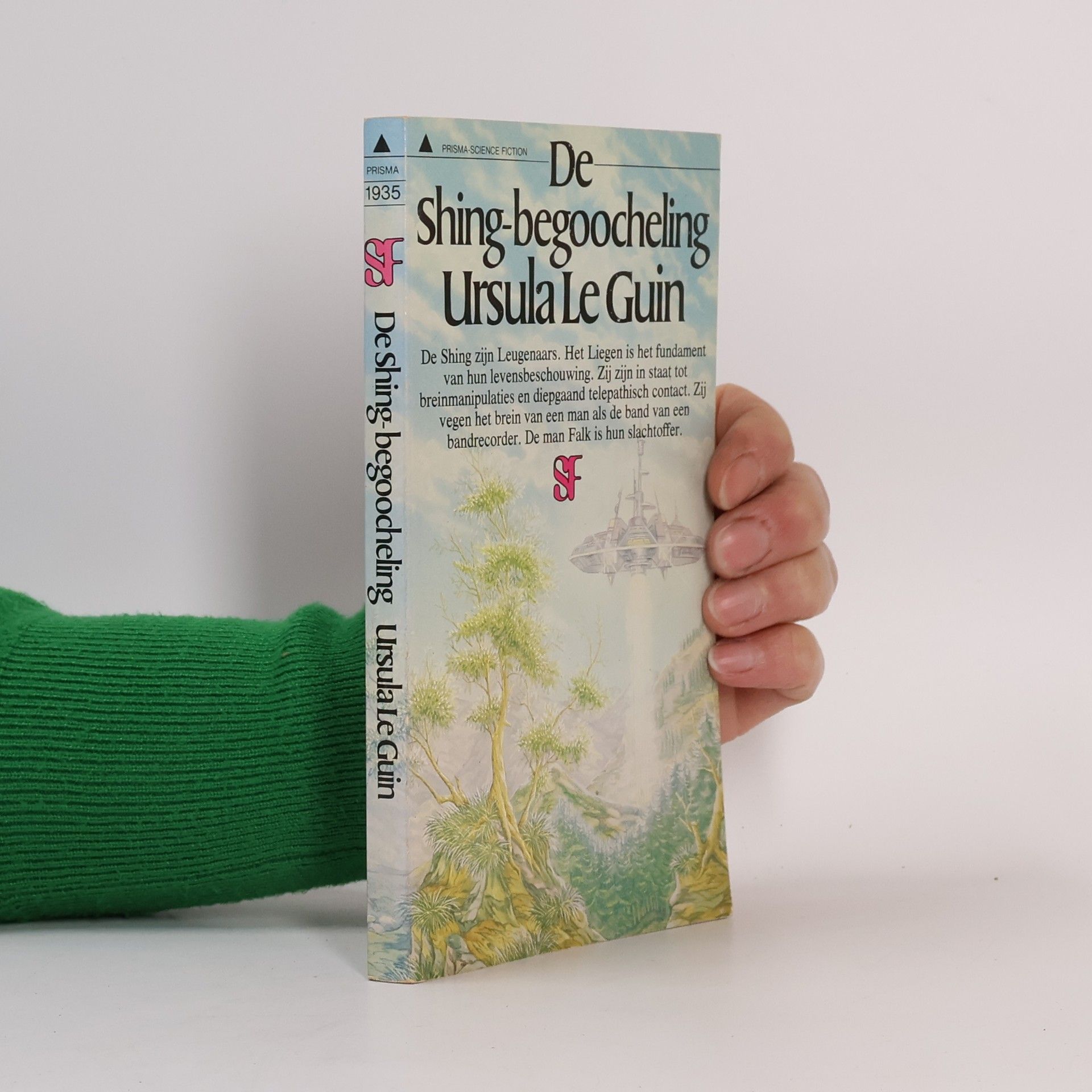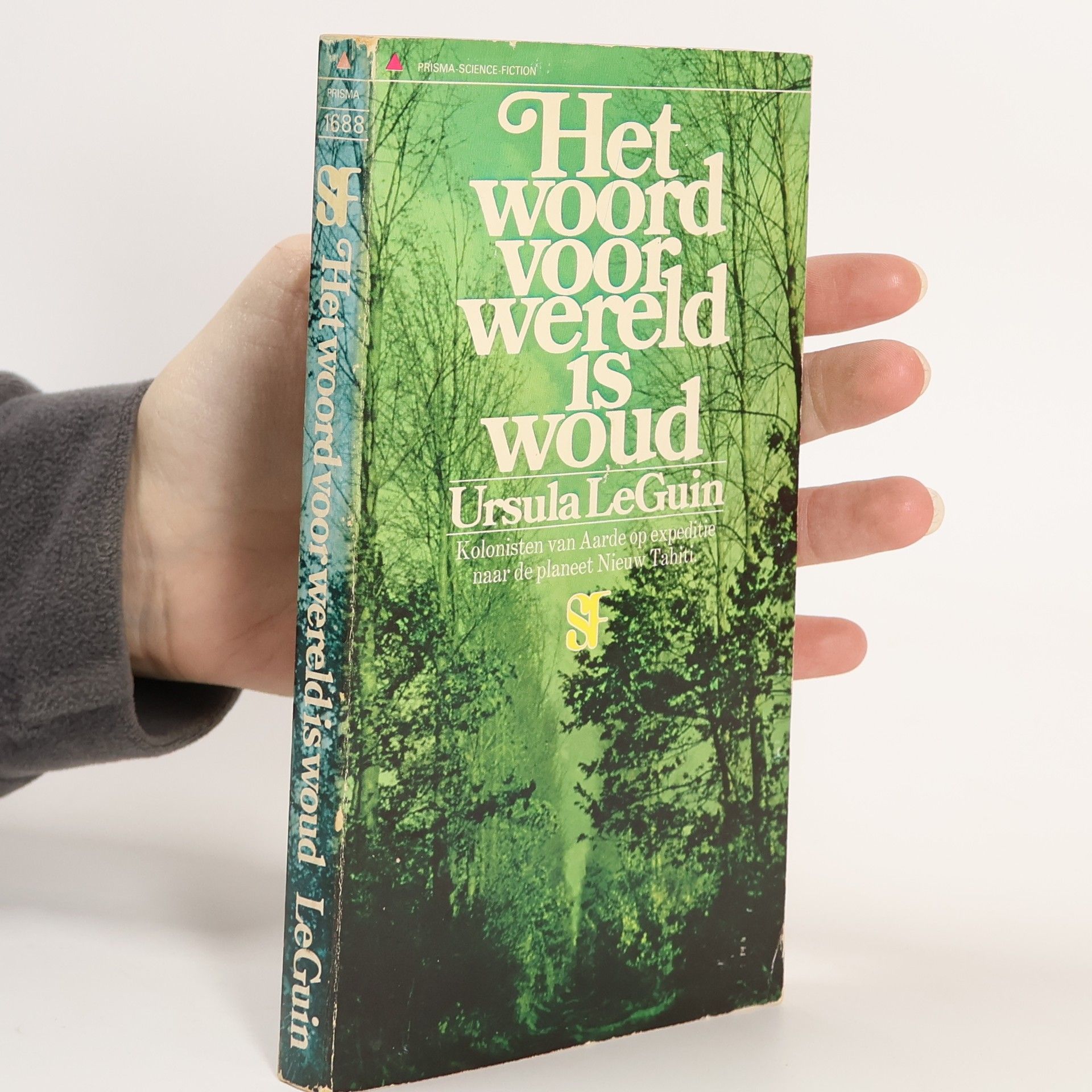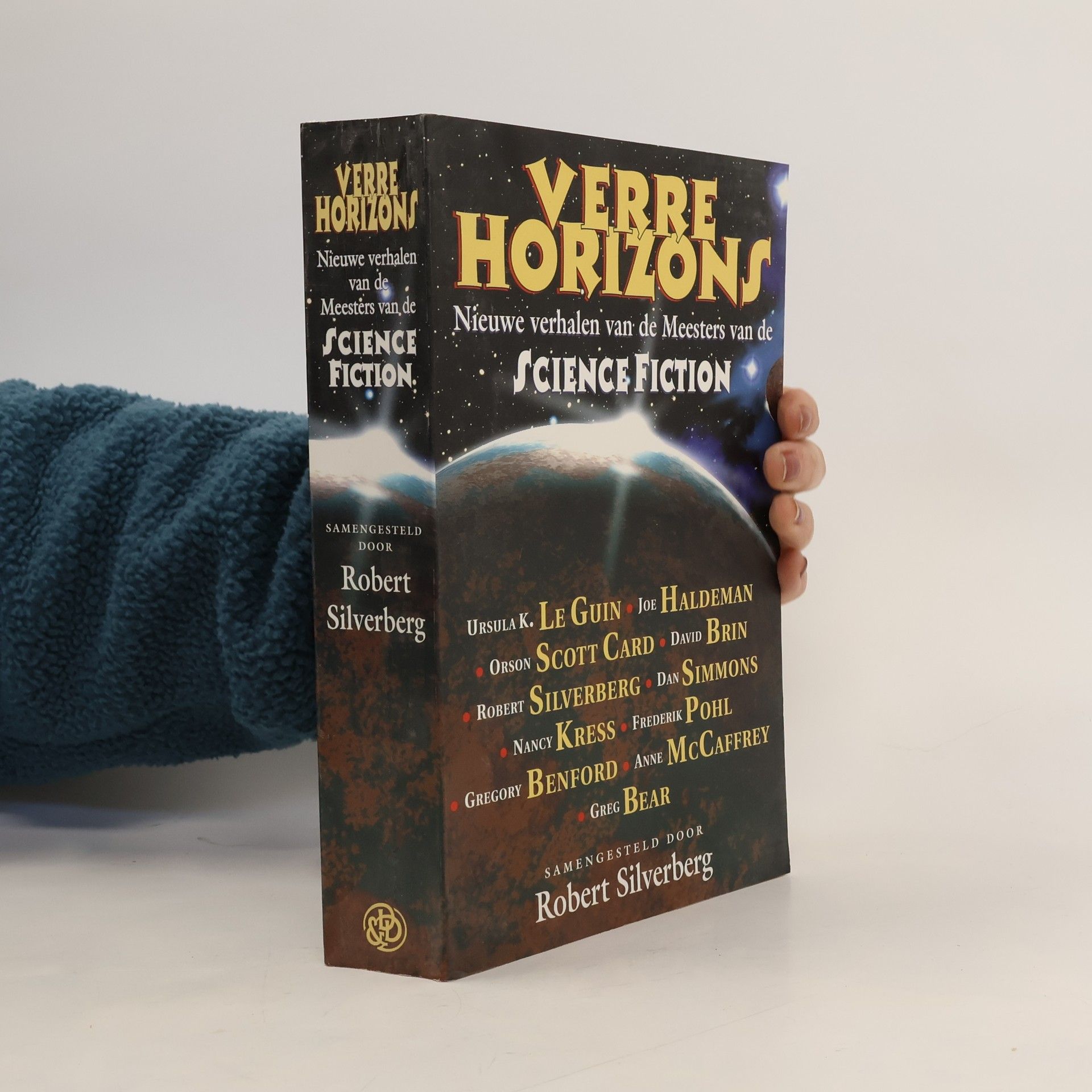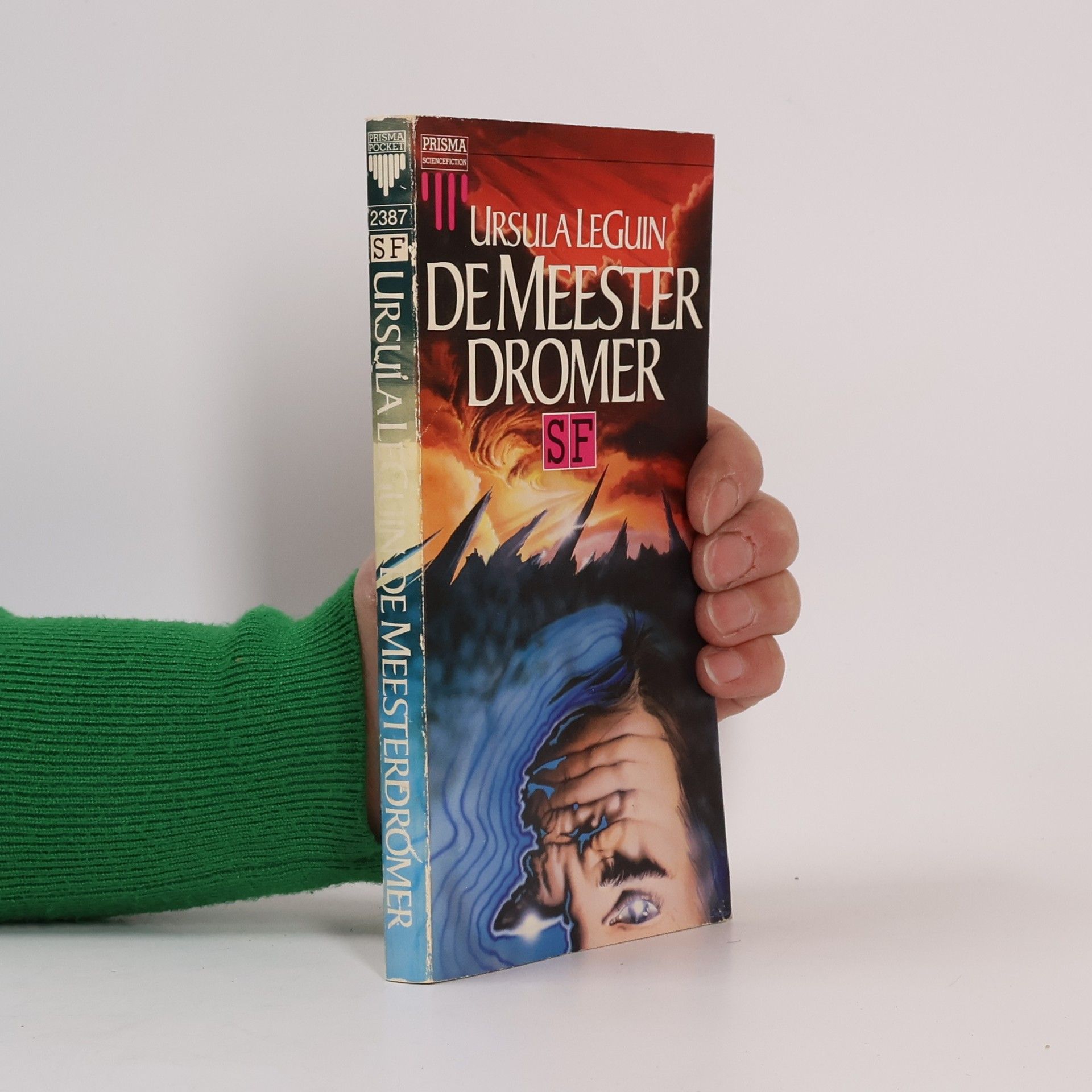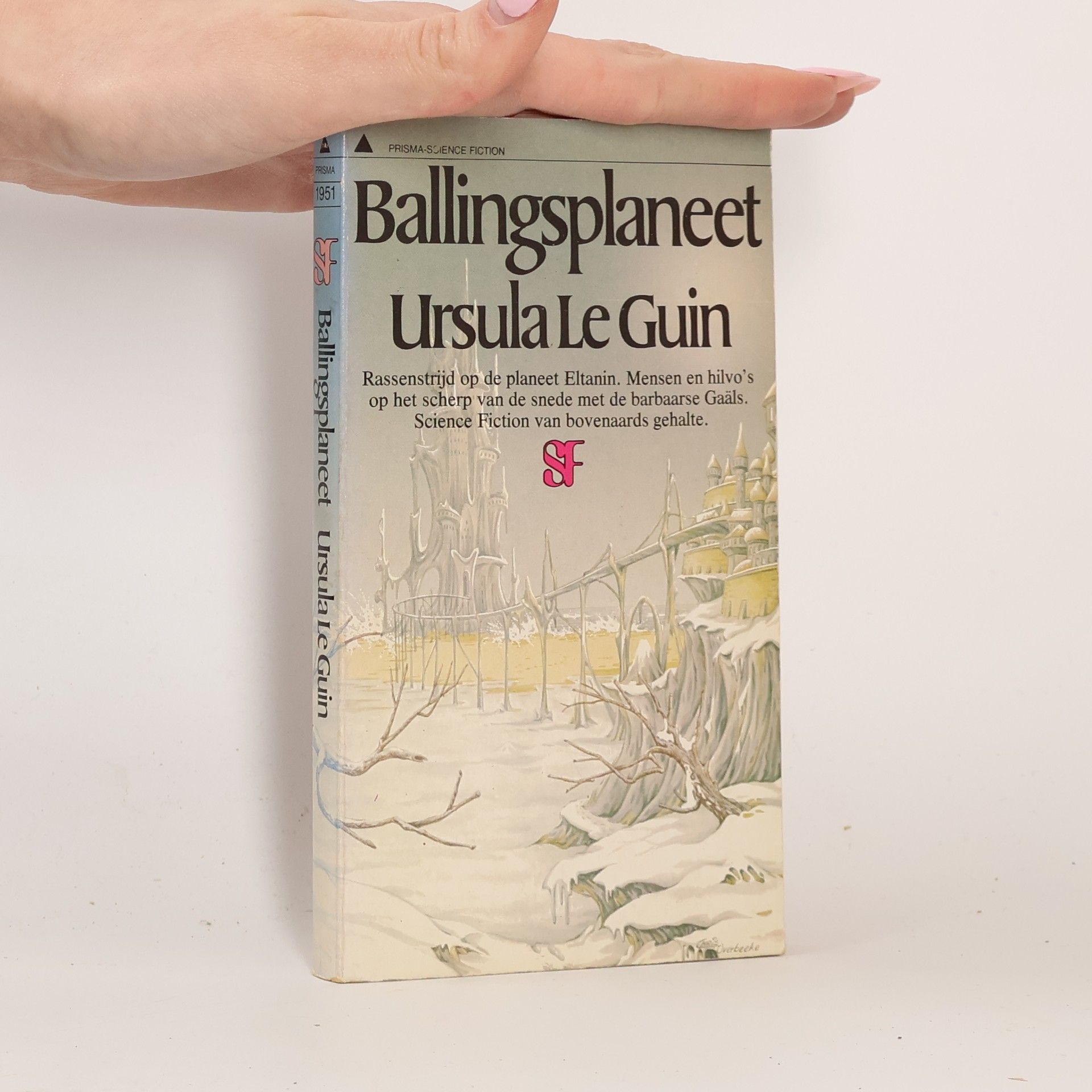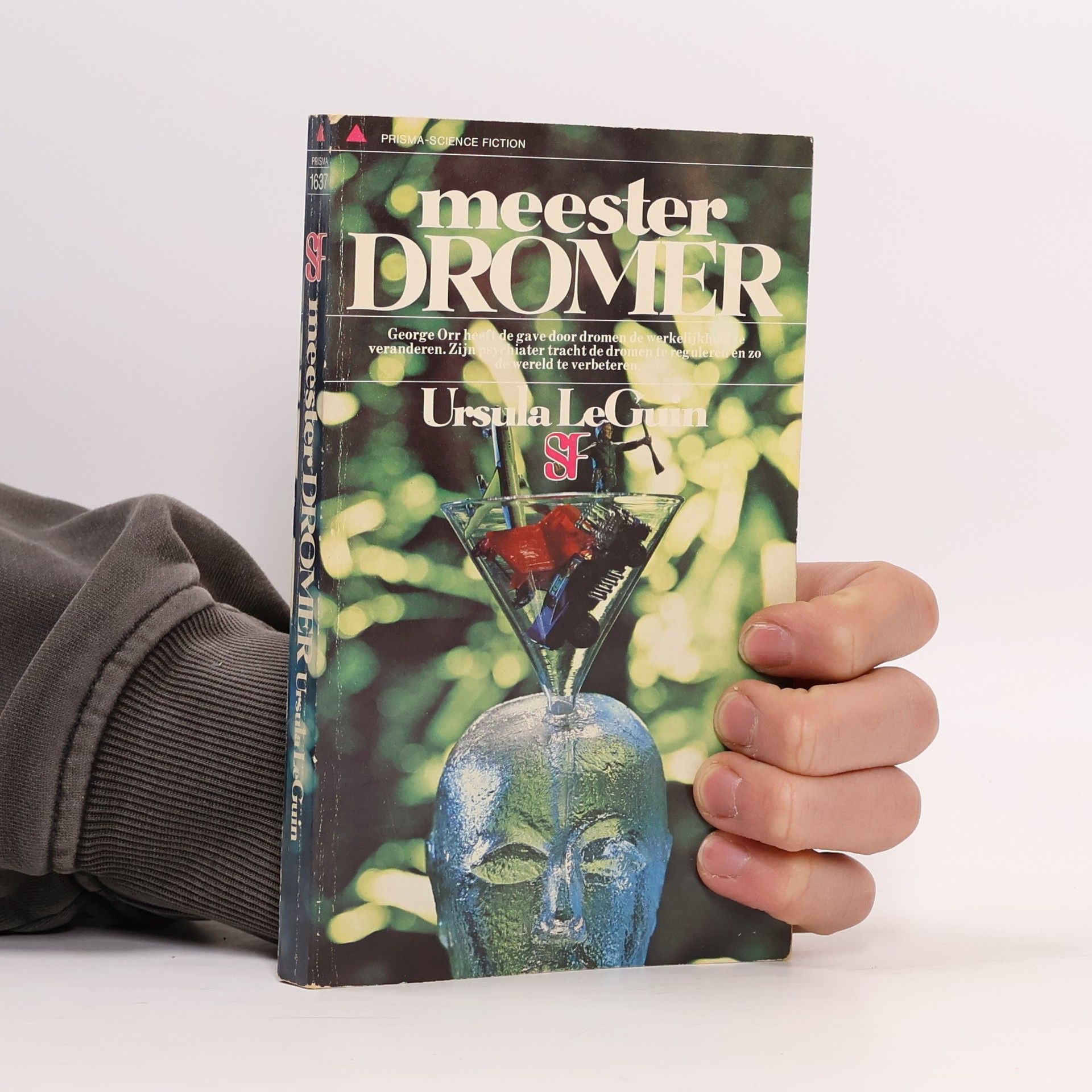Het woord voor wereld is woud
- 164bladzijden
- 6 uur lezen
Centuries in the future, Terrans establish a logging colony and military base called "New Tahiti" on a tree-covered planet inhabited by small, green-furred beings whose culture revolves around lucid dreaming. The Terrans' greed disrupts the native society, which is rich in innocence and wisdom. Having learned interstellar travel from the Hainish, humans discover that they are part of a newly formed League of All Worlds, connected by an ansible after being isolated for years, 27 light years from home. This narrative unfolds after "The Dispossessed," where both the ansible and the League remain unrealized, and before "Planet of Exile," where settlers learn to coexist with natives. The story takes place in the 24th century, as Terran colonists invade the land known to its inhabitants as Athshe, meaning "forest," contrasting with Terra's focus on "dirt." Following a 19th-century model of colonization, they exploit the environment, enslave the indigenous people, and impose their ways without resistance. The natives, a subsistence race with no history of tyranny or war, struggle to comprehend this invasion. However, a single act of violence ignites a rebellion that transforms the lives of both the colonizers and the colonized forever.

